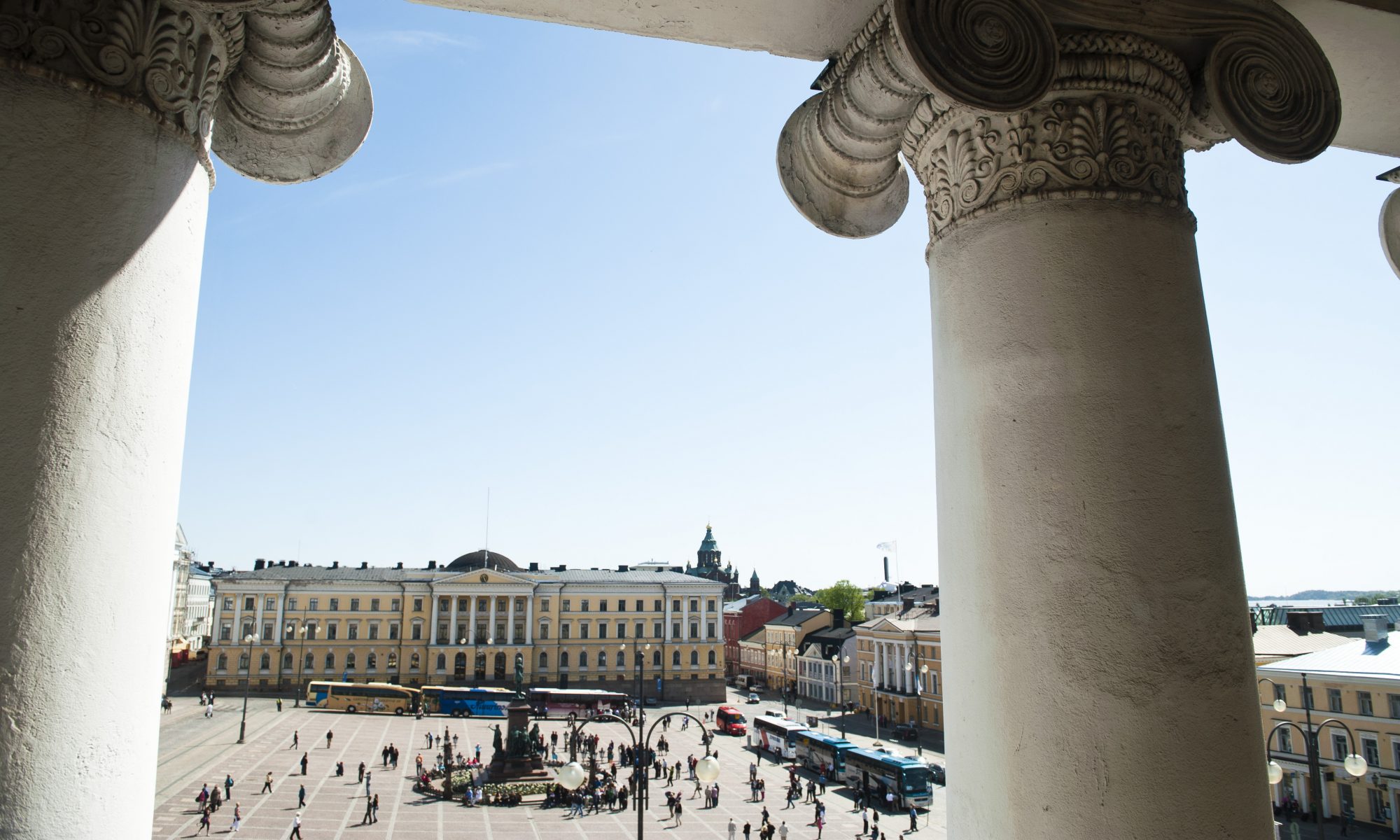”Responsible research evaluation must look past abstract quantitative indicators and examine research in its true context, which requires qualitative research evaluation approaches and methods.” In this blog article, Joona Lehtomäki, a science adviser at the division of strategic research at the Academy of Finland (Research Councils Finland), writes about research evaluation, role of metrics, impact of research, open science and the qualitative turn in research evaluation. Lehtomäki also outlines what would a turn towards more contextualized and qualitative research evaluation mean in practice.
Jatka lukemista ”Open science and qualitative research evaluation”
